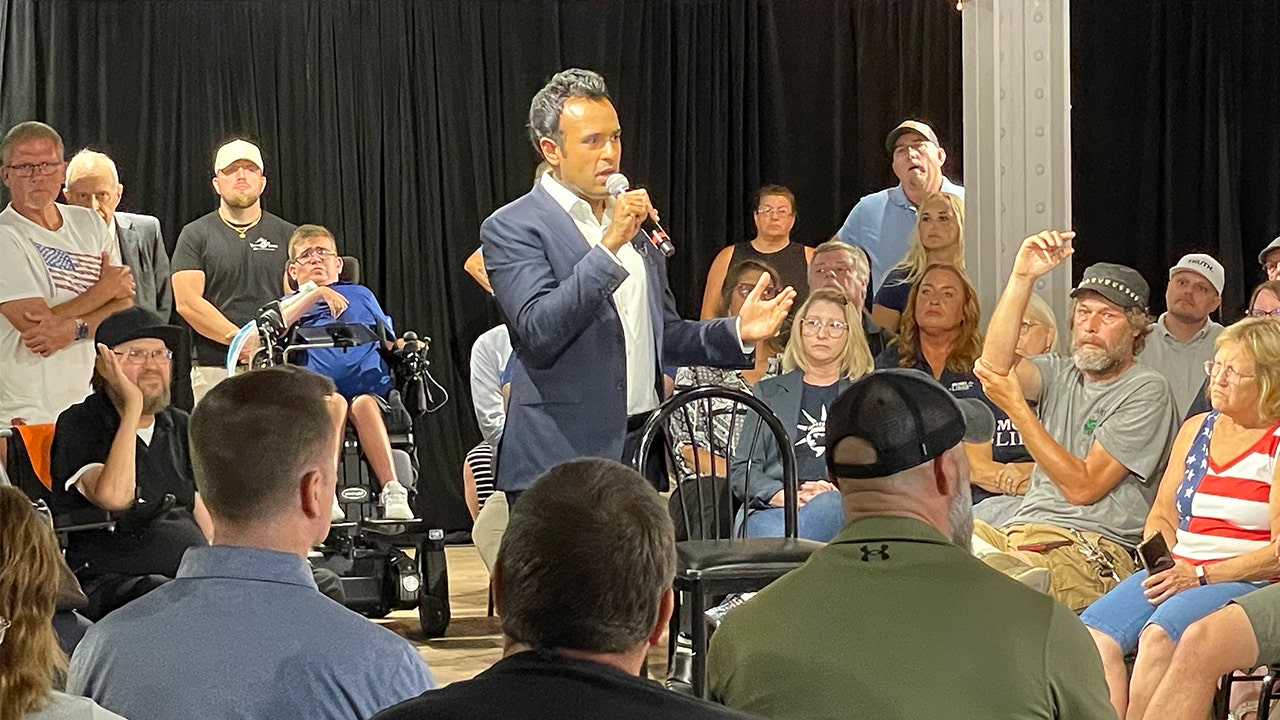The rates of students skipping school remains high following a trend that surged upwards during the COVID pandemic, according to a recent study.
“Nationally, an estimated 26 percent of public school students were considered chronically absent last school year, up from 15 percent before the pandemic,” The New York Times reported, citing the American Enterprise Institute.
A student who is chronically absent from school typically misses at least 10 percent of a given school year, or 18 days.
The rates of students skipping school remains high following a trend that surged upwards during the COVID pandemic, according to a recent study. (iStock)
The increase in chronic absenteeism was particularly high at schools that closed their doors and focused on virtual learning, with 28% of students at schools with the longest school closures becoming chronically absent in 2023, per data shared by The Times. That number was compared to a 25% chronic absenteeism rate at both the “middle” and “most in-person” schools.
The American Enterprise Institute (AEI) found “chronic absenteeism rates improved in 2023 but still remained 75 percent higher than the pre-pandemic baseline.”
“Chronic absenteeism increased for all district types, but rates were highest in districts with low achievement and higher poverty, affecting over one in three students,” the AEI study also found.
The alarming trend of chronic absenteeism is seen in “districts big and small, and across income and race,” The Times reported. “For districts in wealthier areas, chronic absenteeism rates have about doubled, to 19 percent in the 2022-23 school year from 10 percent before the pandemic, a New York Times analysis of the data found.”
“The problem got worse for everybody in the same proportional way,” AEI senior fellow Nat Malkus said.
“Our relationship with school became optional,” associate research professor with the Center of Child and Family Policy at Duke University, Katie Rosanbalm, told The Times.
“If we don’t address the absenteeism, then all is naught,” superintendent of Mt. Diablo Unified, Adam Clark, said.
The alarming trend of chronic absenteeism is seen in “districts big and small, and across income and race,” The Times reported. (Getty Images)
“If kids are not here, they are not forming relationships,” Quintin Shepherd, the superintendent in Victoria, Texas, told The Times. “If they are not forming relationships, we should expect there will be behavior and discipline issues. If they are not here, they will not be academically learning and they will struggle. If they struggle with their coursework, you can expect violent behaviors.”
Previous reports have documented the rise of chronic absenteeism in the American school system as teachers struggle to keep students in the classroom year-round.
A report from January found that “[n]inety percent of students showed up to school on a typical day this fall, according to a new federal survey, a figure that experts say remains too low amid national concern around a rise in chronic absenteeism,” the Washington Post wrote.
Jeffrey Clark is an associate editor for Fox News Digital. He has previously served as a speechwriter for a cabinet secretary and as a Fulbright teacher in South Korea. Jeffrey graduated from the University of Iowa in 2019 with a degree in English and History.
Story tips can be sent to jeffrey.clark@fox.com.




